
University of Bolton, Deane Road, Bolton. BL3 5AB
Tel:
Email:


“At the University of Bolton, we take great pride in providing a quality, supportive learning environment for our students.”
Professor George E Holmes DL | President & Vice Chancellor
“...tutors are very supportive and you’re not just a student ID number, at this university you are an individual with a name.”
Ellisse Vernon | BSc (Hons) Adult Nursing
Back to menu
Back to menu
Study with an Off-Campus Partner
Back to menu
Back to menu
University of Bolton, why we are the right choice
Location - Bolton, Greater Manchester

20/03/2024
Contemplating a medical career? There are so many specialisations and career paths in medicine that it’s easy to get overwhelmed by the choices available to you. Today, to support you in making the right choice for your interests, we’re showcasing a few pathways that could lead to a successful career in medicine.
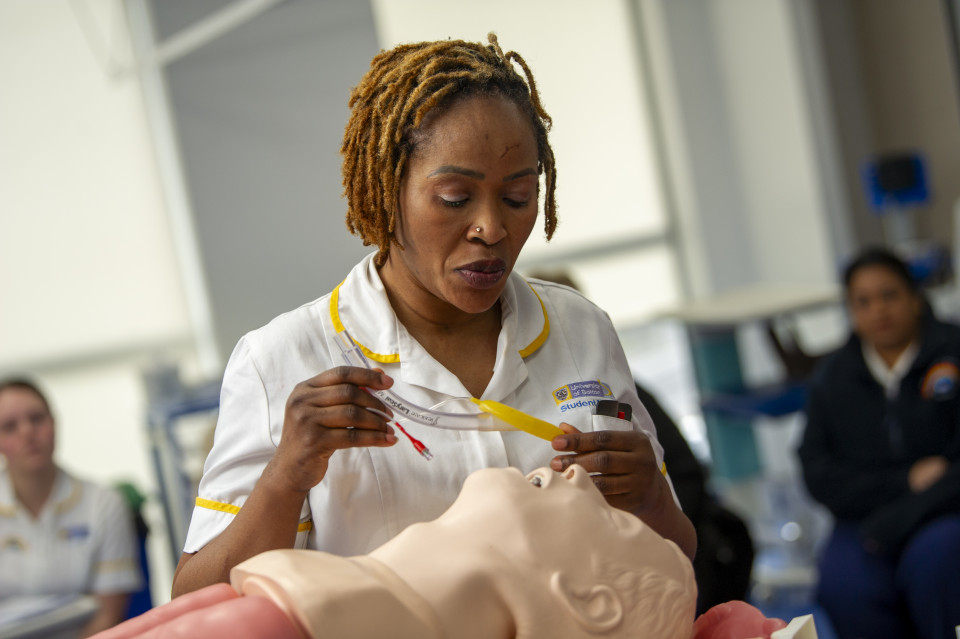
If you care about building relationships with patients and getting to know them and their families over several years, you might train to be a GP. While this will involve working long hours, elevated stress and dealing with a wide range of medical conditions; it’s an incredibly rewarding career path in medicine. A GPs day-to-day is all about saving lives, diverse patient interactions and new, unique problems to overcome. It could be the perfect role for you if you have good communication skills, diagnostic skills, empathy and evolved interpersonal skills.
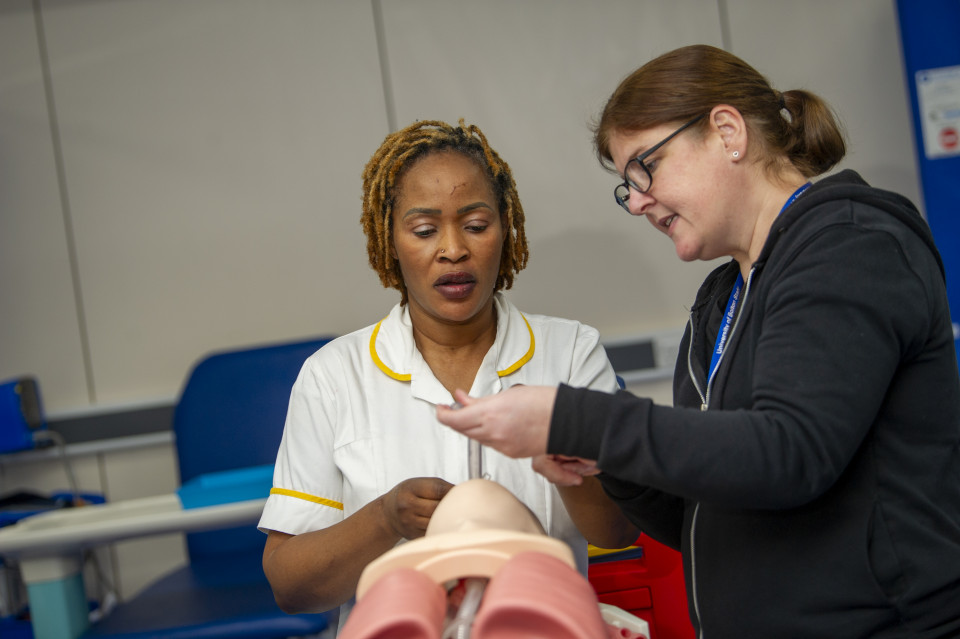
Becoming a Surgeon, Surgical Nurse or Anesthesiologist is no easy feat. There’s an intensive training period and you’re constantly put into high-pressure situations and may need to perform in long, tiring surgeries. But, you’ll know it’s your precision and skill that is saving lives. Each of your hands-on procedures will improve outcomes for your patients and it’s often a financially rewarding pathway with good pay. If you have a passion for the body, great hand-eye coordination and a love of teamwork, a place in surgery could be perfect for you!
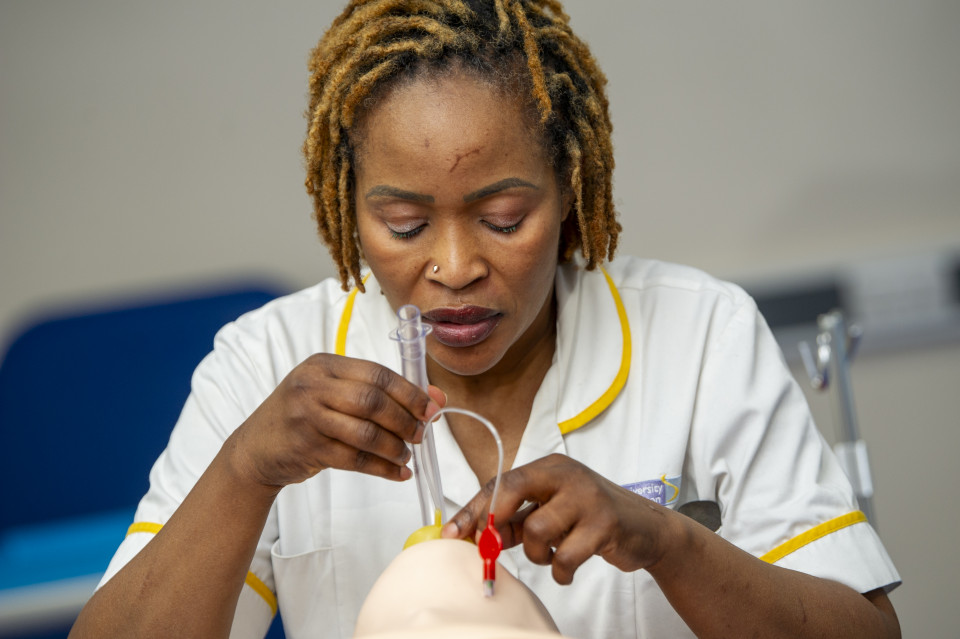
Want to support children and families to overcome illness and disease? Joining paediatrics is an emotionally demanding field that requires a good understanding of children’s communication and comfort with varied work hours. However, you’ll be building relationships with families, contributing to child health and experiencing the joy of seeing children grow and develop. Once you learn paediatric diagnostics, empathy and interpersonal skills; you can create a career in your own practice, NHS trust or hospital. You’ll be supporting kids to live full lives. The University of Bolton can support you to become a Paediatrician, Pediatric Nurse or Paediatric Dentist with cutting-edge training.
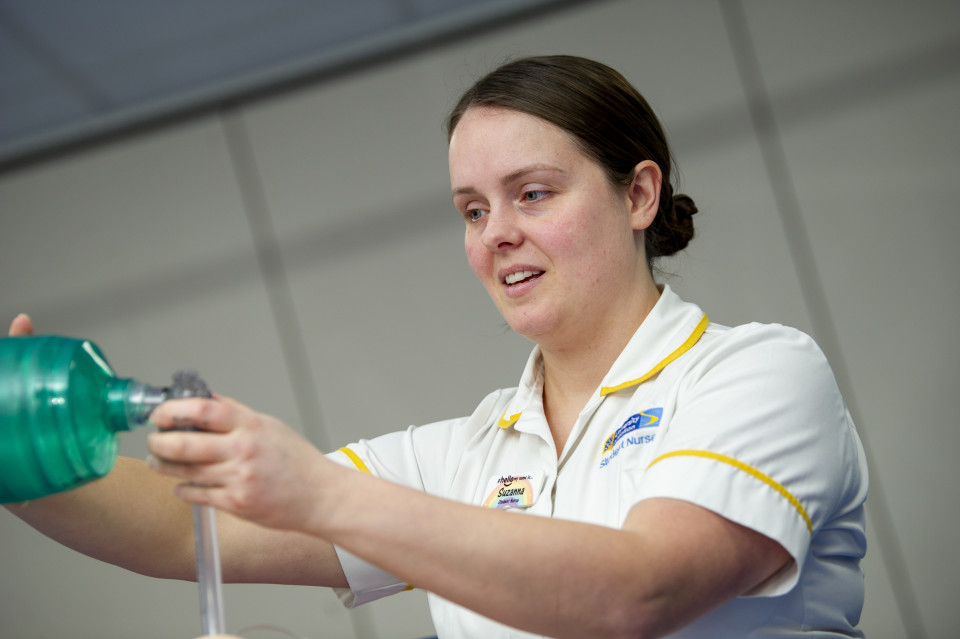
Keen to work with women? In Obstetrics & Gynecology, you’ll be dealing with sensitive issues across unpredictable working hours but it’s all worth it to assist in the miracle of childbirth and become a women's health advocate. With obstetric and gynecologic diagnostic ability and evolved empathy and communication skills; you can open your own surgery, work in a specialist hospital department or consult on policy with government bodies as an Obstetrician, Gynecologist or Labor and Delivery Nurse
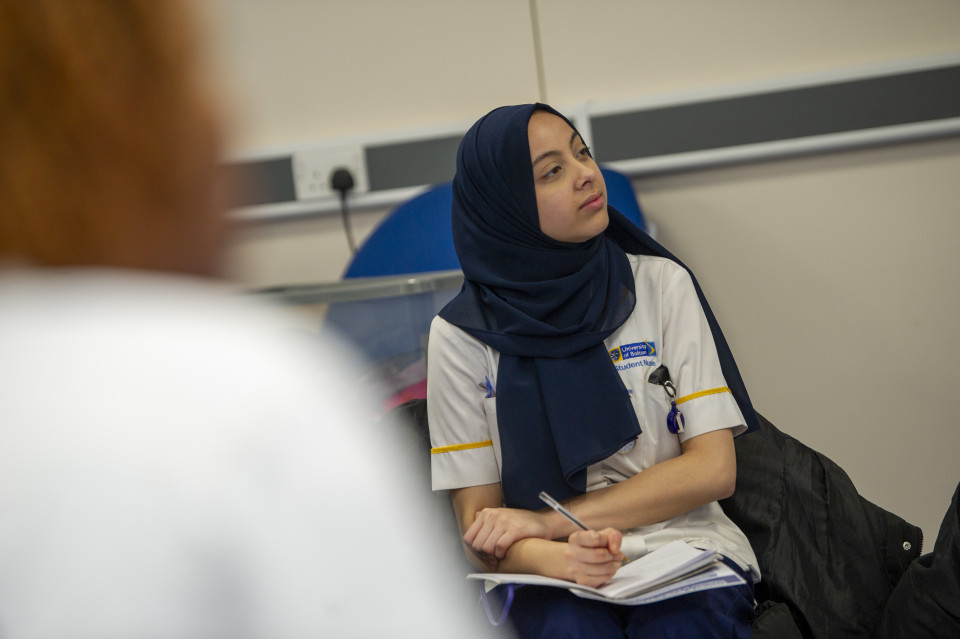
Mental health is a big concern in our modern world. Social media, disrupted homes, illness and trauma make it harder to cope than ever before. But you could cut through the stigma around mental health, overcoming emotionally draining patient interactions to lead patients down helpful treatment paths and build strong therapeutic relationships that last decades. You’ll need to learn psychiatric diagnostics, critical thinking and adaptability to build a career as a Psychiatrist, Clinical Psychologist or Psychiatric Nurse. But those are all things we can support you to develop here at Bolton.
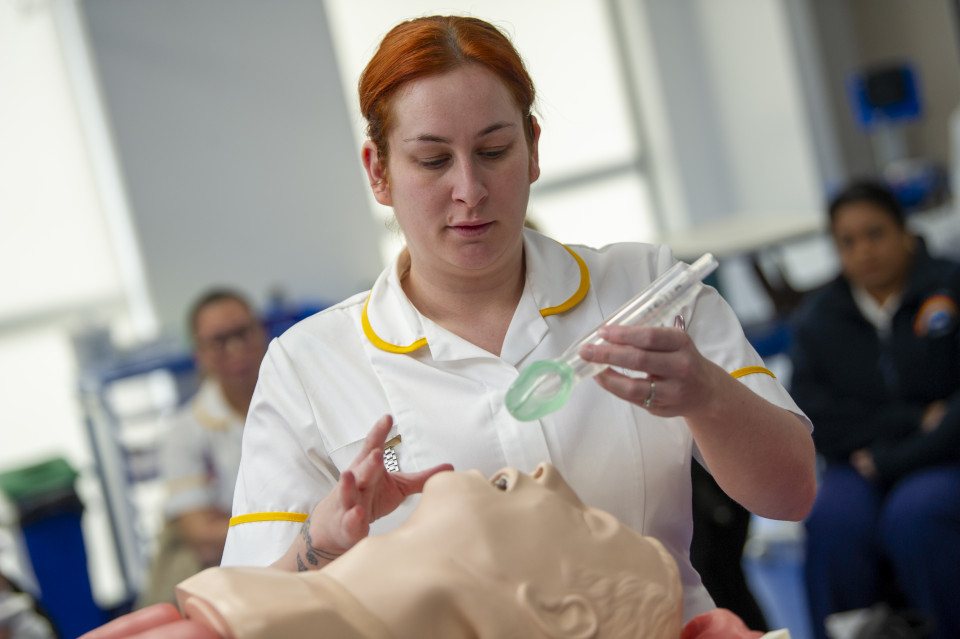
As a Radiologist, Radiologic Technologist or Interventional Radiologist you’ll spend long hours interpreting imaging and staying updated with rapidly evolving technology. But the payoff is your support with patient diagnostics, less direct patient interaction and an emphasis on using technology to heal. You’ll want to learn radiologic interpretation, technical skills and attention to detail when it comes to making your recommendations. Medical professionals trained in radiology are needed in surgeries and hospitals all over the country, so this profession is in demand.
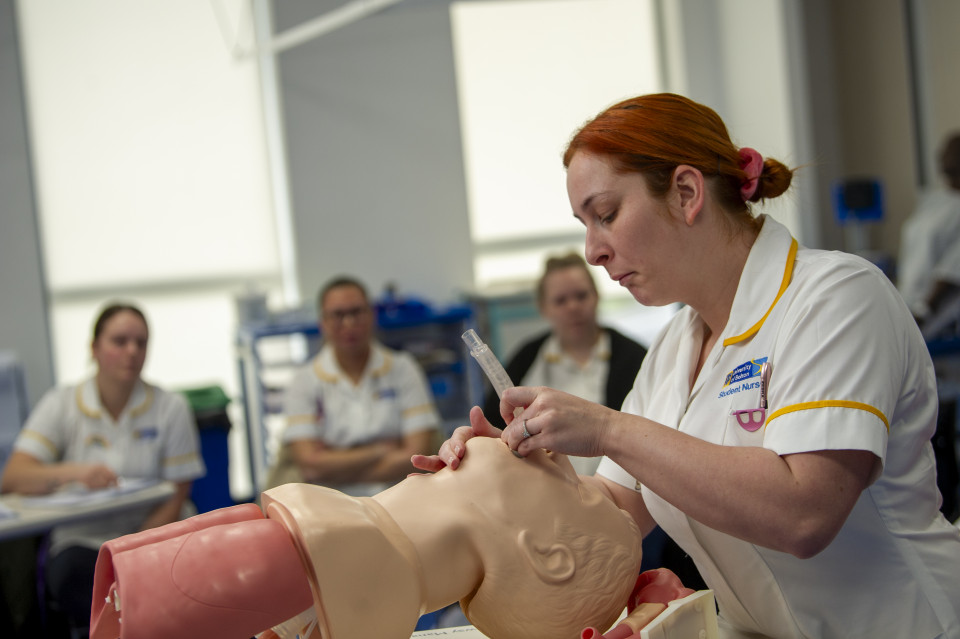
If you thrive in a high-pressure environment, attending to varied and often unpredictable cases with an immediate impact on patient outcomes across diverse medical situations; working in an ER could be perfect for you. Train as an Emergency Physician, Emergency Medical Technician (EMT) or Paramedic to help people when they are in crisis. Respond to injuries, critical illness and wounds in real time - working to save lives in minutes. You will need to brush up on your critical decision-making, rapid response & assessment and effective communication skills to be effective in ambulatory or hospital environments.
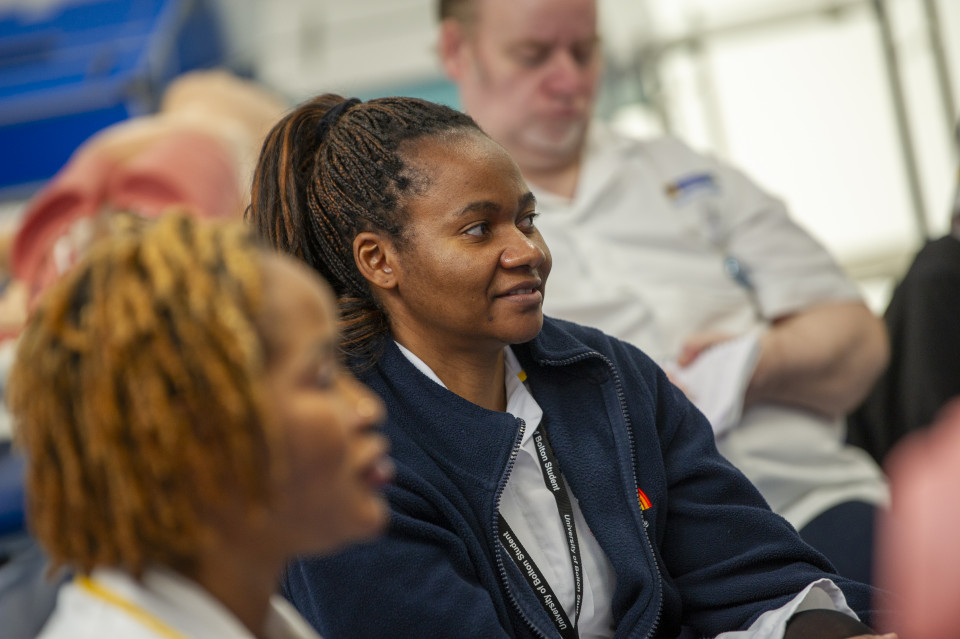
In demand during COVID-19, Pathologists, Histotechnologists and Pathology Assistants help us understand more about disease and its impact on the body. They do extensive laboratory work with little to no patient interaction but play a crucial role in diagnosis. Their behind-the-scenes contribution has a huge impact on patient care. So, if you’re more introverted but want to save lives, a role in Pathology is perfect. You’ll want to improve your diagnostic expertise, analytical skills and research proficiency to secure a Pathology role in private labs or NHS trusts.
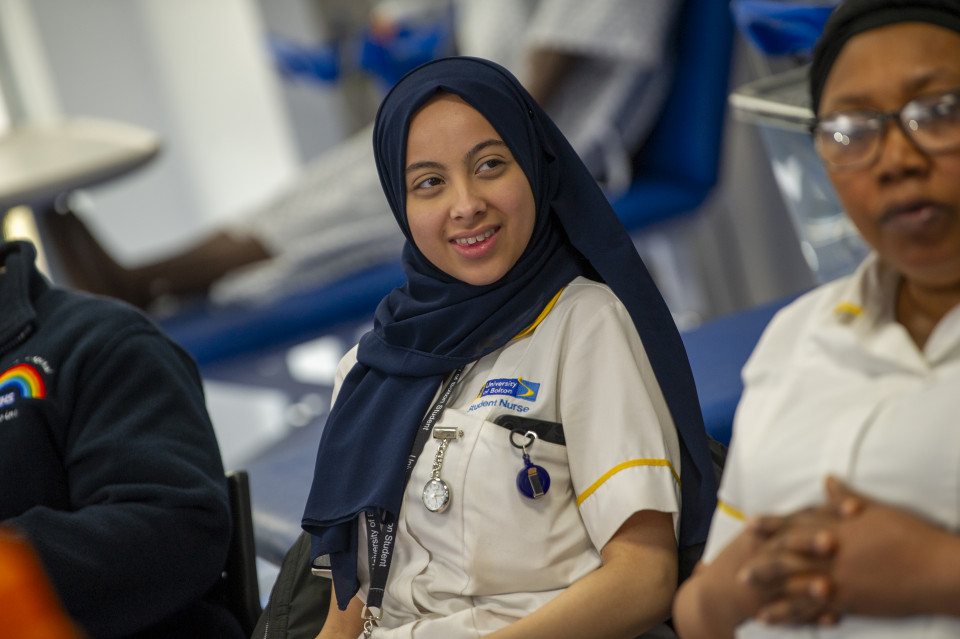
What about being on the cutting edge of medical advancement? As a Research Scientist, Research Assistant or Clinical Research Coordinator; you’ll go through extensive education and brace yourself for funding uncertainties all in the hopes of advancing medical knowledge and making the next breakthrough discovery. To excel, you will need deep analytical skills, an understanding of experimental design and a keen eye for data interpretation. But, armed with this knowledge, you can get a role in pharmaceuticals, academic labs or government organisations.
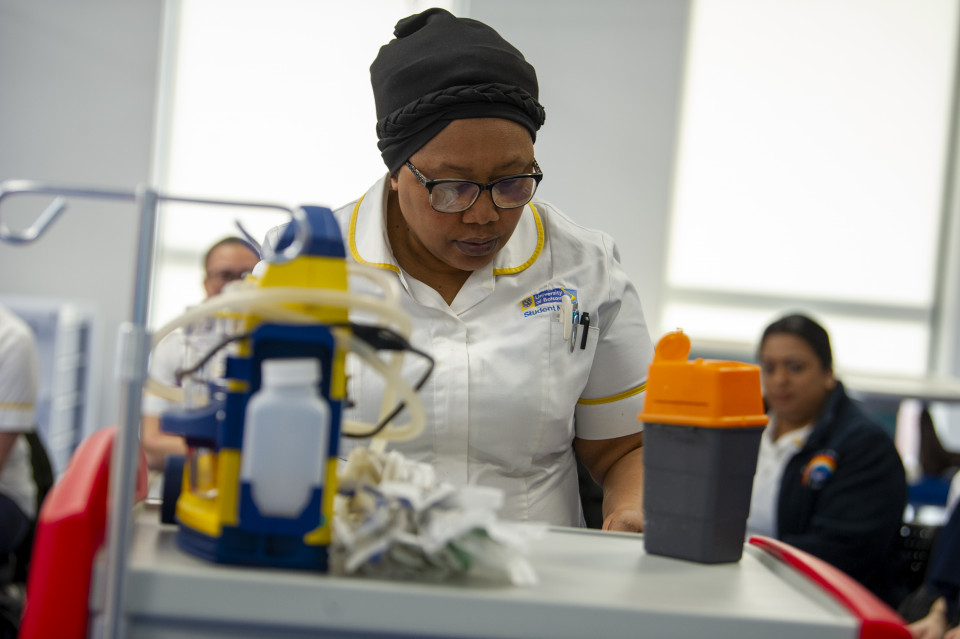
Want to support patients day in and day out with their care needs? Nursing is all about extensive patient care and it’s emotionally demanding work. However, the rewards are direct patient interaction and the reassurance that you play a crucial role in healthcare teams. As a Registered Nurse, Nurse Practitioner or Nurse Anesthetist; you’ll work directly with patients and their families, administering medication, providing for their well-being and acting as their advocate. Clinical competence, critical thinking and effective communication are all core skills you’ll need to develop to secure a role in the home care sector, hospitals or GP surgeries.
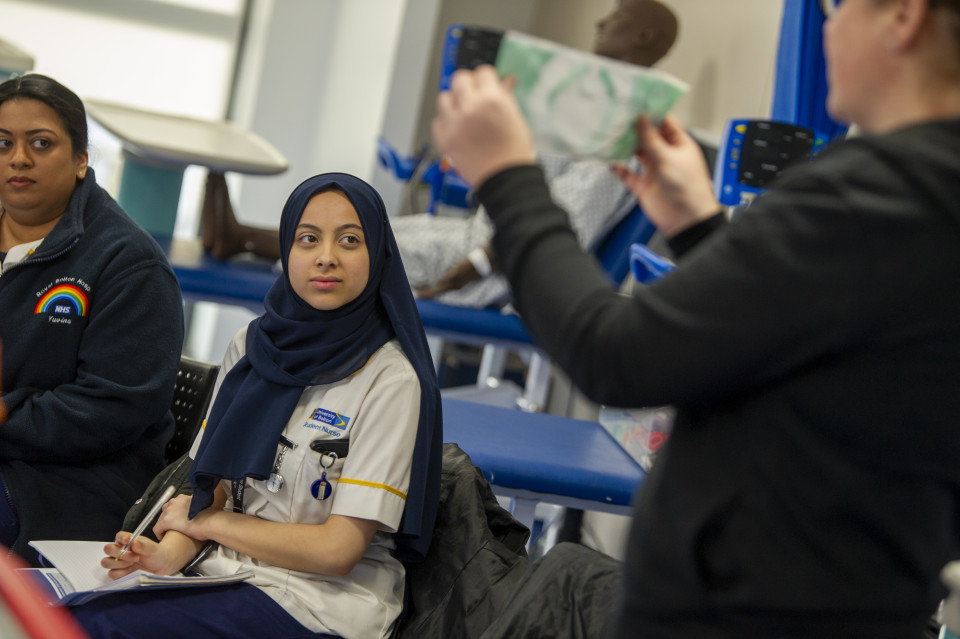
Life is good as a Pharmacist, Pharmacy Technician or Clinical Pharmacist. You’ll support people to manage their conditions, improve their quality of life and reduce the impact of their symptoms through medication and advice. Sure, there’s a lot of continuous education required and some paperwork demands when dealing with insurance companies and government regulations. But you’ll be able to serve your patients directly, ensuring medication safety and patient education is to a high standard. To get a placement at a local pharmacy or dispensary, you'll need top-tier pharmaceutical knowledge, attention to detail and heightened communication skills.

As a Neurologist, Neurosurgeon or Neurology Nurse, you’ll manage complex cases over the long term, navigating the emotional and physical impact of neurological disorders to help people achieve a good standard of living, even with their conditions. Neurology is all about investigating and treating disorders of the nervous system, leading to advancements in our understanding of the brain and related systems. Armed with diagnostic proficiency, an understanding of neurological treatment planning and a level of comfort for patient communication and empathy; you’ll support those with serious conditions to live a more full life.
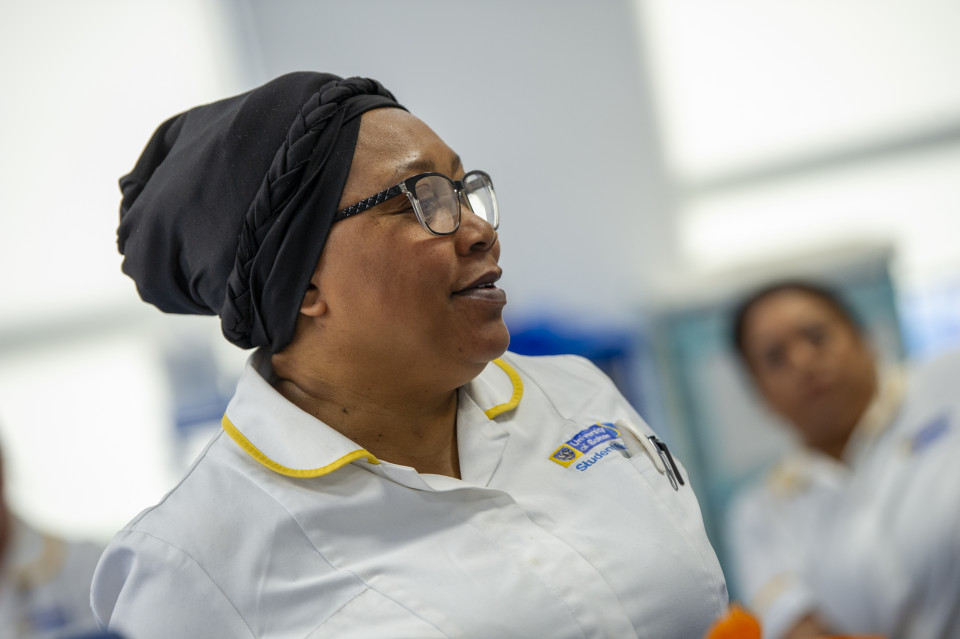
Heart problems are a major world health crisis, so Cardiologists, Cardiovascular Surgeons and Cardiac Nurses are all in high demand. You’ll be dealing with high-stakes cases and need to commit to continuous learning due to the lightning-fast pace of advancements in this field. However, the rewards are numerous. You’ll be saving lives through heart care and an improved understanding of cardiovascular medicine. It’s not just pacemakers and bypasses either; modern heart medicine is largely preventive, helping people understand the lifestyle changes that can improve their outcomes. If you get excited about cardiac diagnostics, interventional procedures and patient care; cardiology could be the right field for you.
Looking for more information and inspiration? Check out our piece on global health.